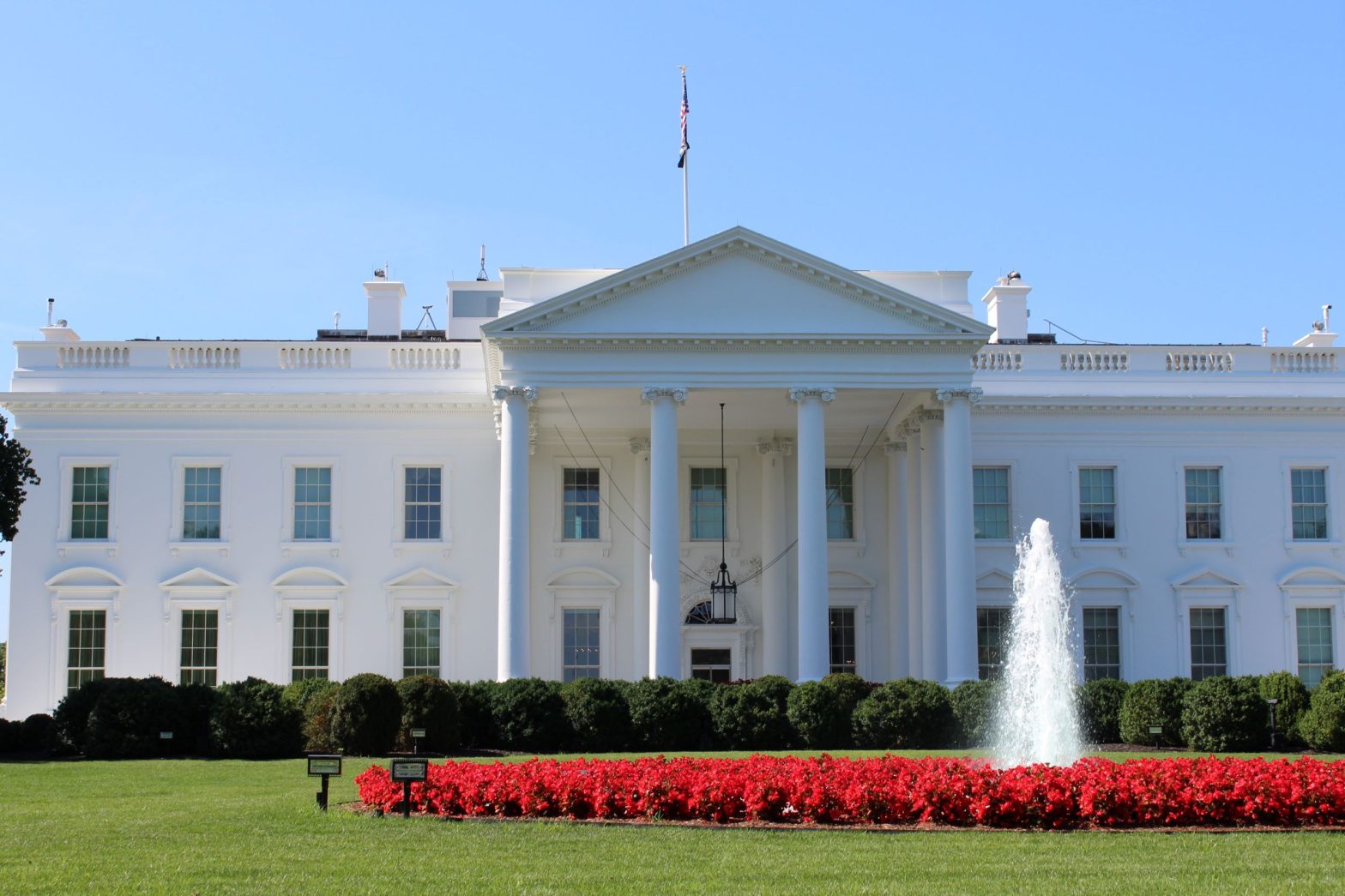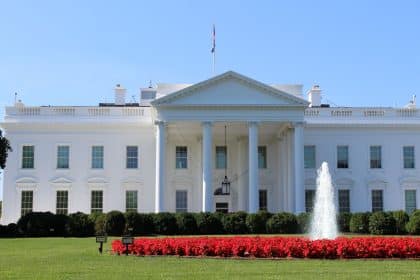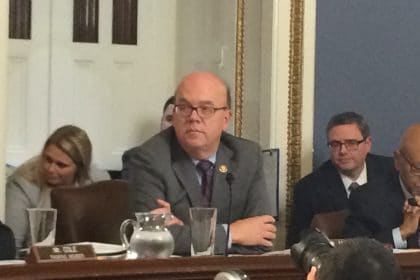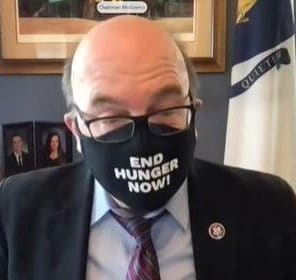‘Transformative’ Action, Not Photo-Ops, Needed at Hunger Conference

WASHINGTON — Nearly 50 years ago, a folk singer named Harry Chapin began trying to raise people’s consciousness about the issue of hunger.
In a land of plenty, he knew firsthand from tours that crisscrossed the nation, many — young and old and in between — were just barely getting by without enough to eat.
Determined to do something about it, he donated concert proceeds and his time to the cause, and elicited the help of every musician, politician and citizen that he could.
Sen. Pat Leahy, D-Vt., was an early convert to the cause, as was a former priest from Chapin’s native Long Island, New York, Bill Ayers, who helped him forge a partnership with rock radio stations, first in the New York metropolitan area and later across the country, and soon the “hungerthon” was born.
Later, Chapin and Ayers formed WhyHunger, a group dedicated to the notion that many of the solutions to the nation’s hunger crisis already existed. All that was needed was the will to harness them.
Five decades later — and some 41 years after Chapin died of a heart attack at age 38, while driving to yet another concert — representatives of WhyHunger ventured to Washington this past summer to testify on a battle not yet won.
In written testimony submitted to the planners of the upcoming White House Conference on Hunger, Nutrition, and Health, the group said it believes the United States continues to struggle with hunger and people not having enough nutritious food to eat because no one has been willing to take the steps necessary “to address and dismantle centuries’ old policies and ideologies that privatize, commodify, and consolidate food systems and reinforce a mentality of scarcity.”
With the Sept. 28 conference — the first such gathering in 50 years — now just days away, Noreen Springstead, executive director of WhyHunger, said in a written statement that “this is not a time for program tweaks, incremental gains, photo-ops or short-term improvements.”
“We need a transformative approach that goes further than any administration has been willing to go. We need to systematically and inclusively eradicate this entrenched yet solvable social problem. Only then can we end hunger and ensure everyone’s basic human right to nutritious food,” she said.
In a recent solicitation to constituents and stakeholders inviting their comments on hunger, Sen. Cory Booker, D-N.J., a member of a bipartisan group of lawmakers that has been pressing for a White House conference on the issue, noted that the first such gathering, in 1969, “was a transformative event that was the catalyst for sweeping changes in the country’s food policy and led to huge reductions in hunger and malnutrition.”
“This year’s conference is an opportunity for our generation to comprehensively tackle the crises of hunger and nutrition insecurity,” he said.
Among other things, that first White House Conference on Hunger, Nutrition, and Health kickstarted such initiatives as school lunches, the Special Supplemental Nutrition Program for Women, Infants and Children, and changes to how we label food.
The Biden administration hopes to be that ambitious and more with the upcoming gathering.
According to the White House, which announced the conference in late August, the purpose of the meeting is for “government leaders, academics, activists, and Americans from all walks of life together to achieve the goal of ending hunger and reducing diet-related diseases in the U.S. by 2030 — all while reducing disparities among the communities who are impacted the most by these issues.”
At the conclusion of the conference the administration plans to unveil a national strategy that will identify specific action the government will take going forward to “catalyze the public and private sectors to drive transformative change and address the intersections between food, hunger, nutrition, and health,” the White House said in a press release.
Booker was joined in his push for a White House conference by Reps. James McGovern, D-Mass., and the late Jackie Walorski, R-Ind., and Sen. Mike Braun, R-Ind.
In a statement released in the wake of the announcement that the conference was on, Booker said, “despite the progress made, America is grappling with a hunger crisis and now faces a second crisis — one of nutrition insecurity — that is plaguing our nation and hindering the success of our nation’s youth as a result of decadeslong policy failures in our food system.”
Among other things, he is urging that there be “better integration of food as medicine,” and is recommending the Food and Drug Administration put warning labels on the front, rather than the back or side of packages of food that may be too high in salt, sugar or saturated fat.
Braun shared his colleague’s concerns and impatience.
“There is no reason that millions of Americans in rural and urban areas alike should be going to sleep hungry, not knowing where their next meal will come from, or with poor nutrition,” Braun said in a written statement.
“I am eager to convene a conference on food, nutrition, and health to help reach nutrition goals in the most efficient way possible,” he said.
Natalie can be reached at [email protected] and @nataliemcc212

























